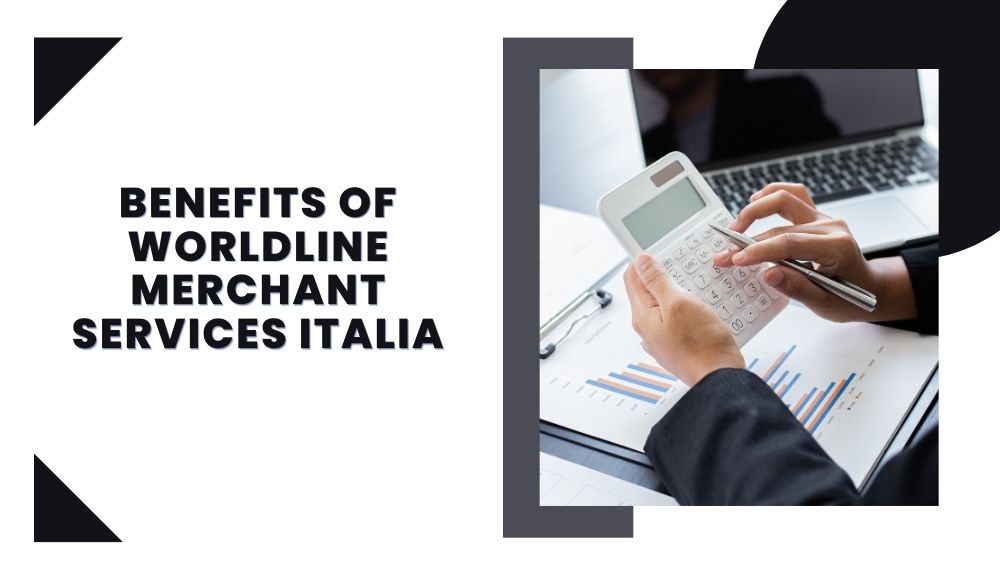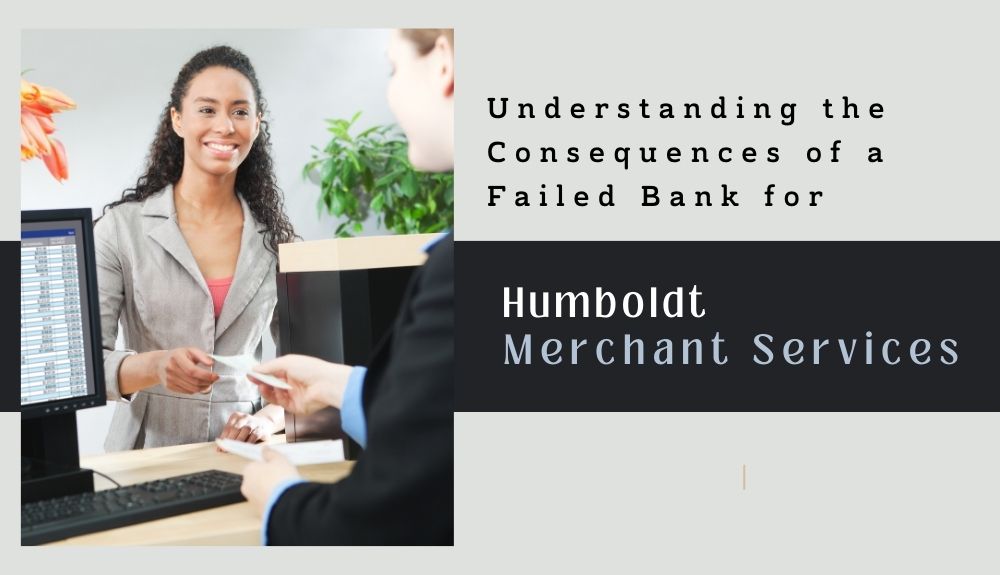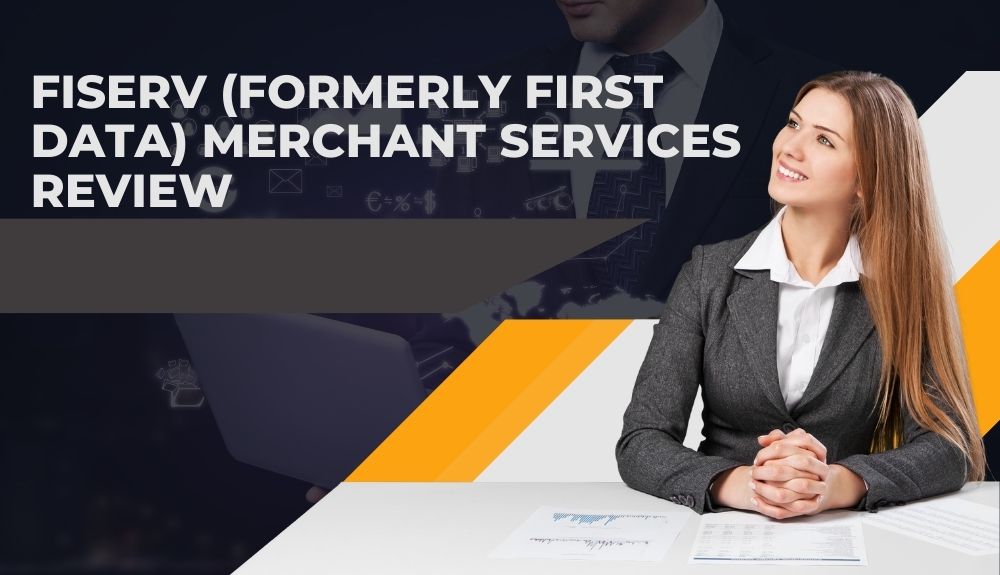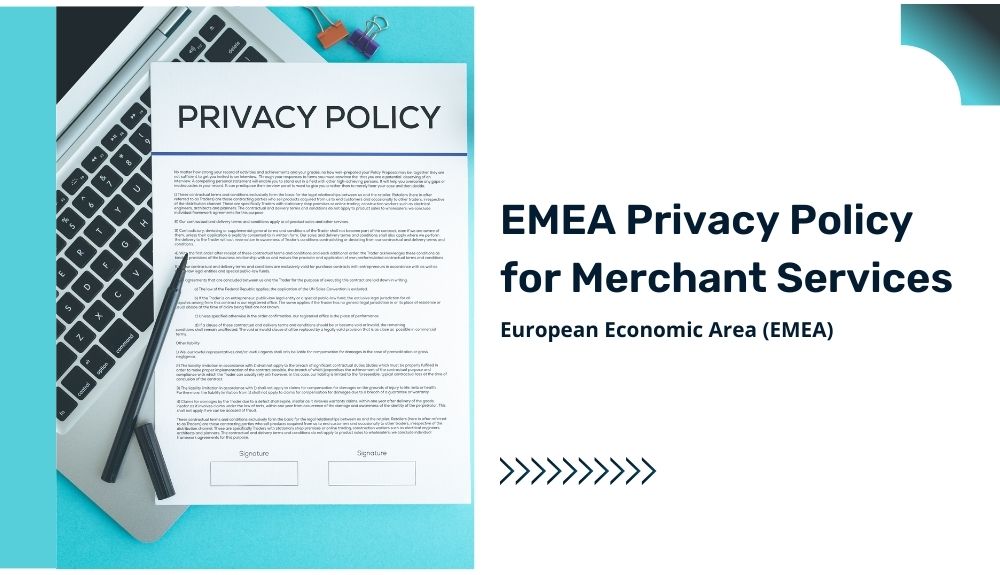Higher Residual Split vs. Upfront Bonuses: Which are Better for Merchant Services Sales?
A good agent should know the difference between higher residual split vs. upfront bonuses. Imagine how irritated you might be if for years you sold and accrued a few thousand dollars in income each month only to discover that your residual income will end once you quit selling for the next thirty days, or 3to 6 months. In our sector, it is estimated that 60% of agents have similar strategies. DON’T ALLOW THIS TO HAPPEN TO YOU! I have observed a lot of agents who choose to accept the larger share.
A few good tools can be used. Such as the Instant Quote Tool, which can compare the percentage of the residual split. It will also show the amount in dollars in residual per month that each one will pay, to accurately compare residual splits. You can also create specific statements or merchants with these tools.
In addition, you can see each program’s amount in dollars that the program will pay along with the upfront bonuses or the merchant’s savings. This will happen once you load in the programs from the various processors with whom you operate, along with the structure of the cost and residual split.
Difference – Higher Residual Split vs. Upfront Bonuses
-
Residual Profits

On one account, you made money. Let’s say you made $100 in profit or markup on an account each month. You will receive a portion of that profit—25, 50, or 70%—based on how well you handle the other three sorts of commission. That is the definition of residual income, albeit the precise amount varies on several factors.
Typically, residual income is distributed once a month with a one-month wait. The merchant statement for customers who processed in January will arrive in February. You’ll be paid on March 1 based on the profit shown on that February statement. You ought to be aware of the amount of markup you produced and the portion of the residual that belongs to you. With the other three commission kinds, there is a lot more room for negotiation.
-
Upfront Buy-out
In the industry, this is a hot-button issue. Giving up a significant amount of residual to receive an upfront payout is the fundamental notion of an up-front buy-out. To long-term buy out the residuals, the rep is paid cash upfront. Therefore, as a rep, you won’t receive much residual income over the long run, but you will receive an upfront buy-out.
-
Upfront Bonus

This is a bonus, as the name indicates. You could receive a bonus of $200 to $400. Nothing affects your residuals. Typically, there is a “clawback” time. This means that you must return the money if the customer cancels within a year. Your residual split will be lower the higher the initial bonus. The quantity of money you need immediately and the amount you need over the long run are two levers you constantly pull. It’s up to you to keep the two levers in balance.
-
Device Sales
Leasing a terminal, renting a terminal, or selling a terminal are the three alternatives available in this commission. The cost of the credit card machines is an expense, just like at a physical business. To make money, you can mark up the price. A $250 terminal might be sold for $500. Some processors provide complimentary terminal insertion. This resembles a loaner more. The terminal needs to be returned when the merchant cancels. Additionally, there is typically a monthly cost attached to that.
-
Chargebacks And Profit Adjustments
To deter dishonest salespeople from placing dubious offers that will never activate, chargebacks will probably always constitute a portion of our industry’s pay to some degree. In a chargeback, you are required to return your upfront incentive if and when a customer cancels during a specific time frame. This is one of the major differences that you will find between higher residual split vs. upfront bonuses.
The majority of processors offer a “Chargeback,” “BuyBack,” or “Claw Back” period of either 6, 12, or 18 months (it is called different things by different processors). Although I think the sales partner should keep their upfront bonus after making a real transaction and activating it, doing so would be financially difficult for the processor. Other processors include a “Profit Adjustment,” which means that even if the merchant is active, you might have to return some of the bonus if the profit level is below what the processor desires.
Last but not least, keep in mind that income is not based on your wage or cost structure. How many sales you generate will determine how much money you make. Find a business partner who will give you the necessary technical resources and training!
All discussions of compensation will be worthless without it. You most likely don’t require a sizable upfront incentive if you are selling the equipment. As a result, you’ll receive more residual income and be able to charge your merchants less. There is no right or wrong answer. Just a trade-off exists. If you’re new to the field, be mindful of the various viewpoints you’ll encounter. “That way is incorrect,” they say, and “our approach is the best way.”
However, the issue in this particular situation is neither correct nor incorrect. Undoubtedly, there are some lines you shouldn’t cross. However, generally speaking, there are only several approaches. The importance of having several choices is paramount. possess the capacity to sell to many merchants in various manners.
Bottom line
In this article, we have tried to discuss all kinds of compensation programs so that you can understand them clearly. As an agent now you know the difference between higher residual split vs. upfront bonuses. You can understand how these differ from one another and what kind of compensation program is suitable for you.
There is nothing like a one-size-fits-all approach here, but every merchant service sales professional has to find a suitable compensation program. You have to choose a compensation program that would ensure all your short-term cash flow needs are met from this upfront compensation.











